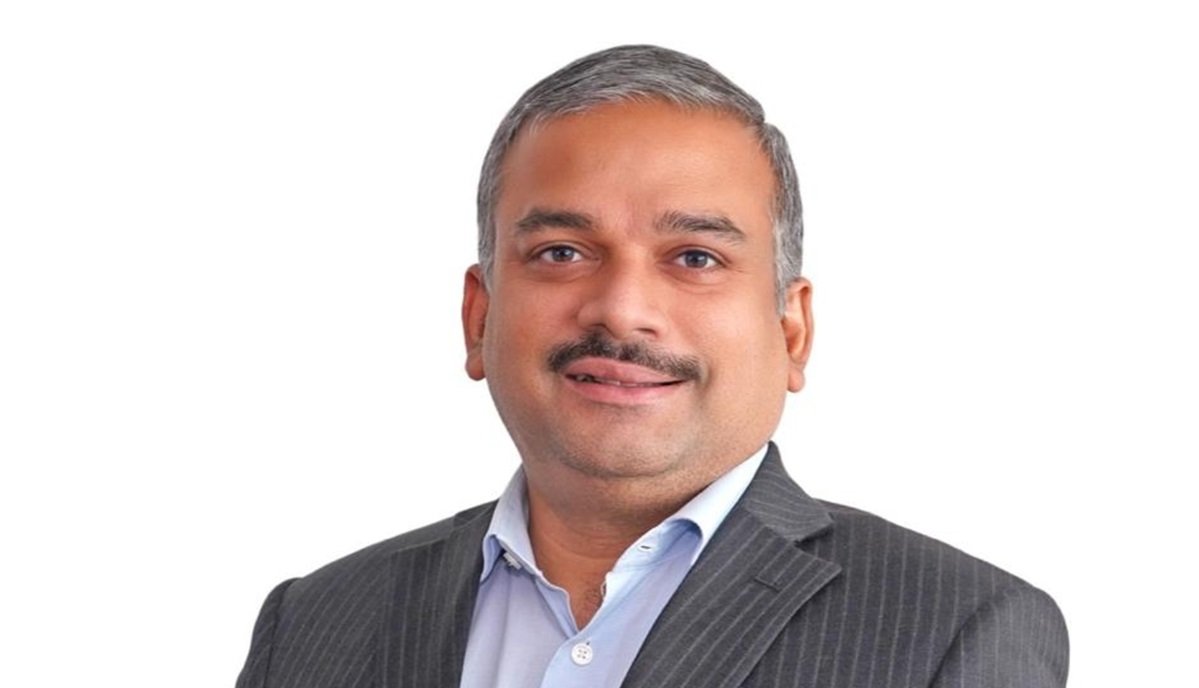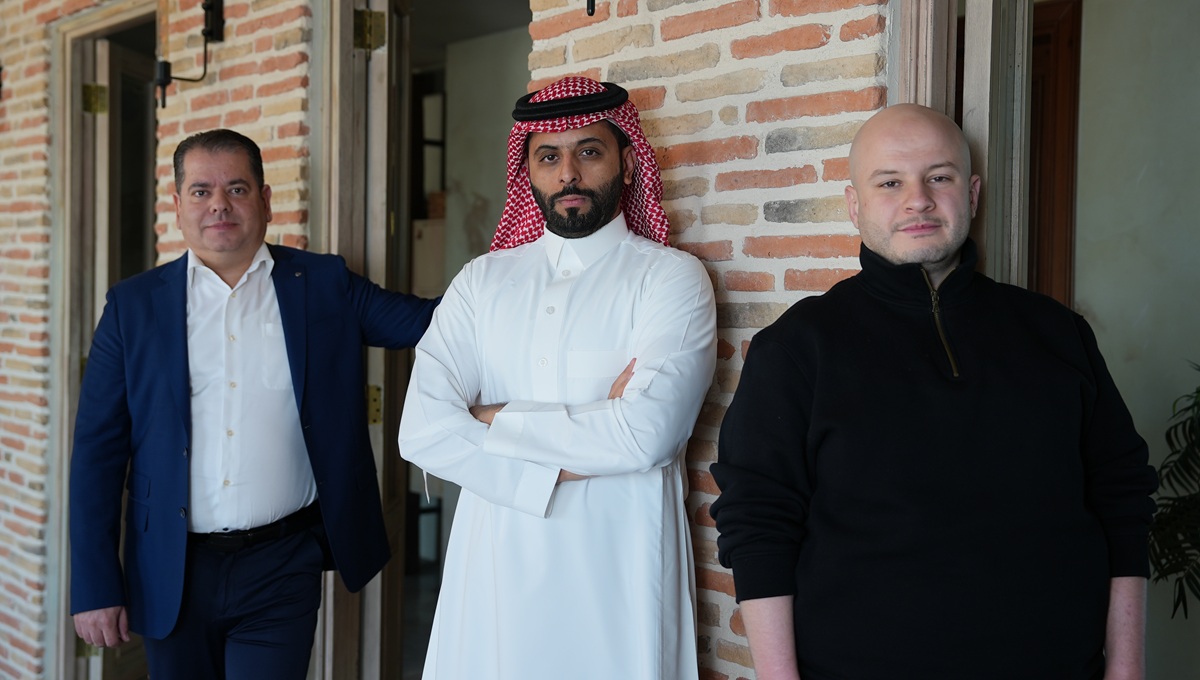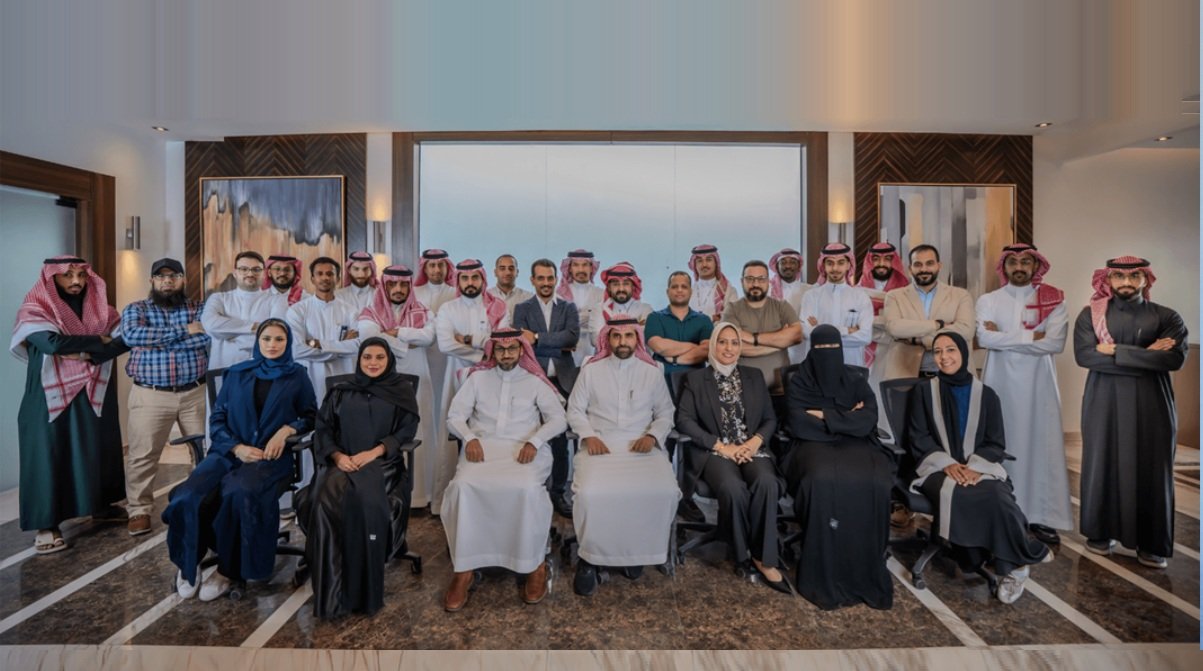Check Point highlights that collaboration between technology companies and governmental entities is essential to develop a secure and resilient digital ecosystem. On this upcoming World Cloud Security Day, we suggest four key means to ensure robust protection of cloud services:
1. Adopt a common security framework. It has been revealed that 26% of companies have 20 or more security policies in place, and 71% have more than six security policies, making it difficult to respond to high-risk incidents. It is mandatory to implement a comprehensive and collaborative security solution and a standardized set of security policies, procedures, and best practices within the company. These procedures will enable organizations to establish a solid foundation for more efficiently managing data in the cloud, facilitating collaboration and communication on cybersecurity matters both within the company and with external partners.
When implementing a single cloud cybersecurity solution, Check Point CloudGuard emerges as a comprehensive option providing advanced threat prevention for all assets and workloads. This solution is characterized by having an automated and unified security system for multiple clouds, especially as 76% of organizations are using multi-cloud strategy.
2. Incorporate Artificial Intelligence and automation. Artificial Intelligence is a key tool for enhancing cloud security, as it can detect patterns and anomalies unnoticed by humans. It performs massive data analysis to detect potential threats and can continuously monitor cloud security systems, notifying administrators of any suspicious activity. AI can also strengthen authentication and access to information.
3. Continuously assess cloud configuration and security. The most effective cloud security tools offer comprehensive auditing and reporting functionalities. It’s necessary to keep detailed records of user activities, system events, and cybersecurity incidents. This way, in case of a breach, analyzing the cause of the problem thoroughly is facilitated. These reports also make it easier to comply with security standards. Another option is to perform vulnerability tests in which company attacks its own infrastructure to identify any weaknesses or potential exploits and thus be prepared against future threats.
4. Promote a culture of security and continuous education. Cloud security does not solely depend on the provider or the security solutions implemented by the company; it is also crucial that the team is aware of the risks associated with storing sensitive data in the cloud and knows how to take appropriate security measures and respond to potential incidents. Most internal cybersecurity issues stem from a lack of training: according to “The Global Risks Report 2022,” by the World Economic Forum, 95% of cybersecurity problems originate from human errors. Given the rapid evolution of cyber threats, employee training must be continuous and consistent.
Cloud security is becoming increasingly vital as organizations adopt these services: Cyber security experts predict that the by the end of 2025, cloud will host a staggering 100 zettabytes of data. Concurrently, they anticipate a rise in attacks targeting newer cloud technologies. This escalation implies a surge in cloud storage requirements, as well as an amplified necessity for unified and automated cloud security measures.
“The convenience offered by cloud environments often leads to overlooking the risks involved. More and more companies are adopting this type of technology but overlook taking effective security measures, which should encompass everything from team training to selecting robust security policies following a recognized framework or implementing comprehensive security solutions,” says Ram Narayanan, Country Manager at Check Point Software Technologies, Middle East.












